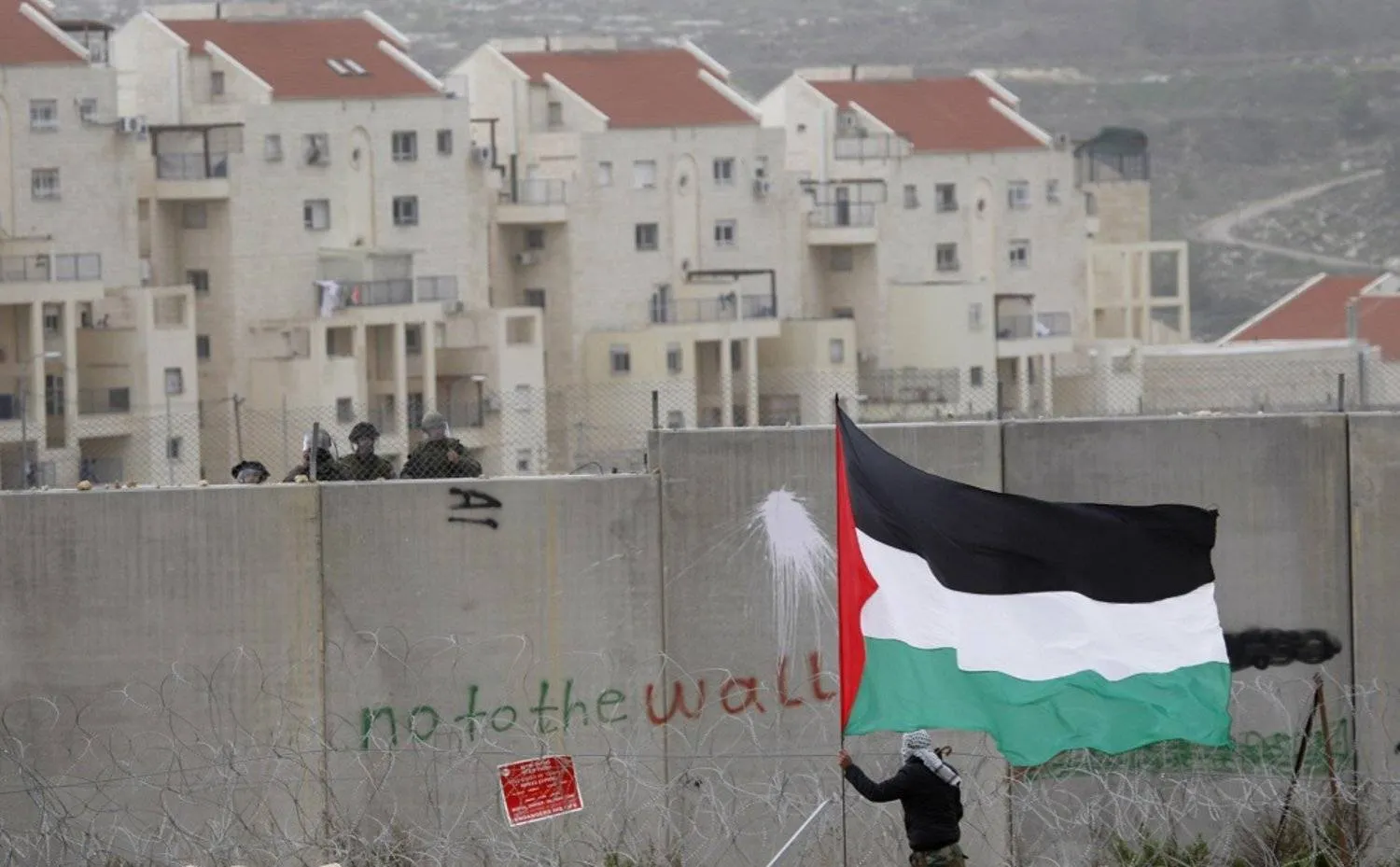The United States on Thursday called on Israel to extend its cooperation with Palestinian banks for another year, to avoid blocking vital transactions in the occupied West Bank.
"I am glad that Israel has allowed its banks to continue cooperating with Palestinian banks, but I remain convinced that a one-year extension of the waiver to facilitate this cooperation is needed," US Treasury Secretary Janet Yellen said Thursday, on the sidelines of a meeting of G20 finance ministers in Rio de Janeiro.
In May, Israeli Finance Minister Bezalel Smotrich threatened to cut off a vital banking channel between Israel and the West Bank in response to three European countries recognizing the State of Palestine.
On June 30, however, Smotrich extended a waiver that allows cooperation between Israel's banking system and Palestinian banks in the occupied West Bank for four months, according to Israeli media, according to AFP.
The Times of Israel newspaper reported that the decision on the waiver was made at a cabinet meeting in a "move that saw Israel legalize several West Bank settlement outposts."
The waiver was due to expire at the end of June, and the extension permitted Israeli banks to process payments for salaries and services to the Palestinian Authority in shekels, averting a blow to a Palestinian economy already devastated by the war in Gaza.
The Israeli threat raised serious concerns in the United States, which said at the time it feared "a humanitarian crisis" if banking ties were cut.
According to Washington, these banking channels are key to nearly $8 billion of imports from Israel to the West Bank, including electricity, water, fuel and food.









